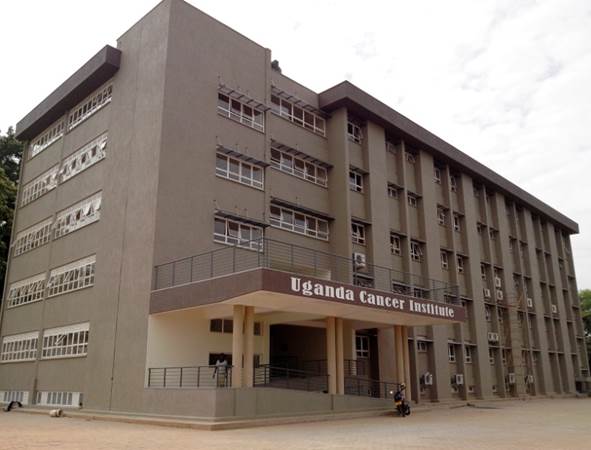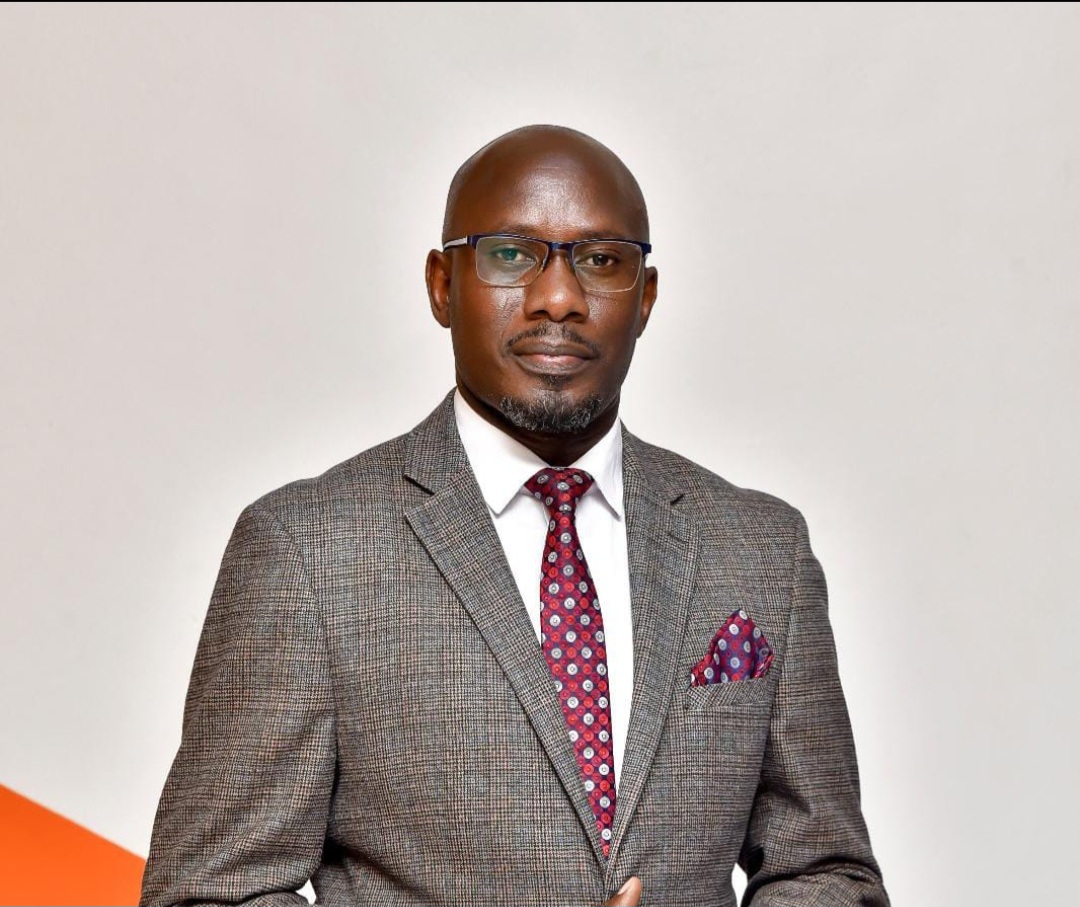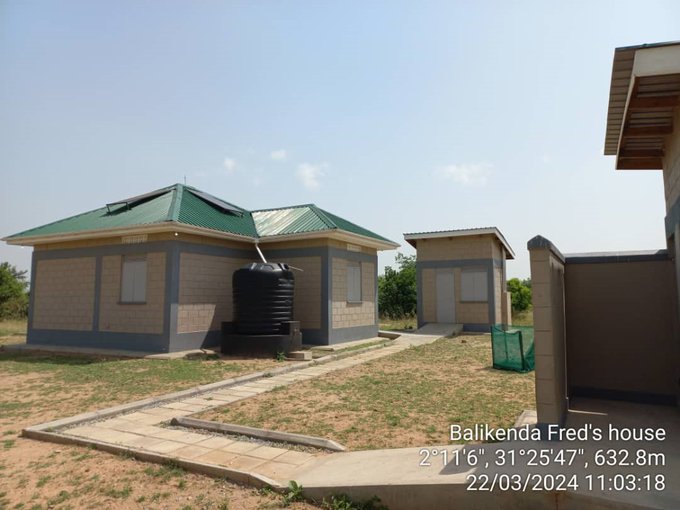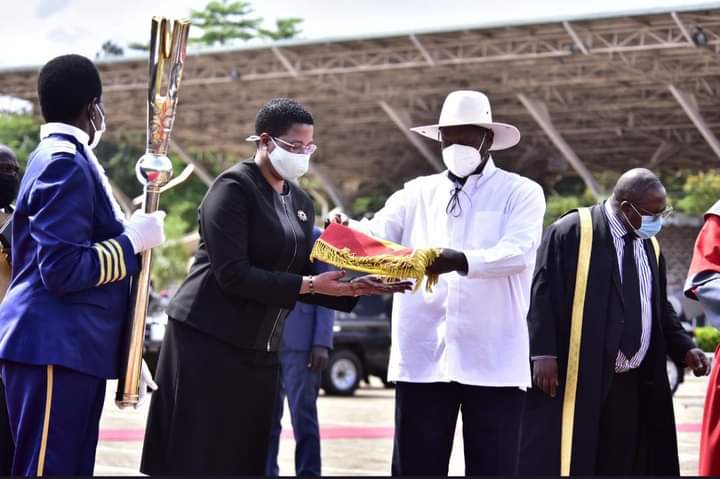While meeting Members of Parliament on the public accounts committee on Tuesday, Dr Jackson Orem, the Executive Director of the Uganda Cancer Institute, found himself at the centre of a contentious debate over the Institute’s operation of a private wing.
The heated discussion delved into the ethical considerations of charging patients for services, the financial viability of such practices, and the complex issue of providing care and free drugs to non-resident foreigners at the expense of taxpayers’ money.
Dr. Orem defended the Institute’s decision to charge patients for services in the private wing, citing the necessity of these funds for equipment maintenance. Despite appeals to cease charging by the MPs, he emphasized the crucial role of revenue from the private wing in sustaining essential medical equipment. However, MPs argue that the burden falls disproportionately on Ugandan taxpayers and question the fairness of subsidizing services for wealthier patients.
Addressing concerns about equality in healthcare, Dr. Orem underscored the universal standard of cancer treatment, emphasizing that regardless of economic status, patients receive the same level of care. He asserted that even if the government allocated the projected revenue of Shs4.5Bn to the Institute, it would not substantially alleviate financial constraints due to the uniformity of treatment costs.
According to Dr. Nixon Niyonzima, Head of Research and Training at the Uganda Cancer Institute said that private wing services include; Admission fees- Shs100,000 charged per night, consultation fees-Shs50,000 per visit, laboratory blood tests-Shs10,000, ultra sound-Shs10,000, X-ray-Shs30,000, CTScan-Shs200,000 to Shs300,000 and this is charged depending on the organ the patient wants, but patients in both general and private wing receive free drugs.
He also said the Institute charges for Radiotherapy services and in case a patient is doing one for the advanced techniques, the charge is Shs1.4M for the entire radiotherapy period that lasts six weeks and defended the need to charge patients saying, “Part of the reason we collect NTR is to ensure that our equipment is maintained, we have a very small budget for maintenance of equipment and most of the money we get from NTR is for maintenance of equipment. We need more support from the Government, we still have many unfunded gaps.”
Foreign Patients and Taxpayer Burden
A significant point of contention arose regarding the provision of free treatment to non-resident foreigners, who constitute 20 per cent of the Institute’s patient population. Lawmakers questioned why Ugandan taxpayers should bear the cost of care for individuals outside the country.
Butambala lawmaker Muwanga Kivumbi who is also a chairperson of the committee asked, “You generate Shs4.5Bn and your budget is Shs48Bn and the services offered are a public good because my understanding is that the poor are subsidizing the rich who go in the private wing because for the Shs48Bn, it is collected from all of us. So, my small money, goes to finance the rich man and I can’t access the private wing, so, is it comfortable for you if we added the Shs4.5Bn to your budget and you say, we no longer charge anything?”
However, Dr. Orem clarified that there is currently no framework in place to charge foreign patients, leading to a debate on the allocation of resources and the obligation to prioritize Ugandan citizens. “The foreigners who are coming, a good number of them are members of the East African Community and we don’t have a framework within which we should charge them so that means, whatever Ugandans are getting, that is what they also get.”
Nevertheless, Amuria District Woman MP Susan Amero rejected Dr. Orem’s explanation saying when Uganda MPs contracted COVID-19, during the East African Legislative Assembly games, those without insurance wouldn’t get services from Arusha.
“If you need to subsidize for East Africans, it should be brought up clearly that there is a subsidy for East Africans, but they must pay. They aren’t Ugandans, they don’t pay their taxes here. There is nothing that you get outside Uganda for free. We shouldn’t give priority to foreigners and then we stress the resources and fail to look after our own people who are suffering to pay heavy taxes here, that can’t be. Something has to be done,” she
Sarah Opendi (Tororo woman MP) also pointed out that while the Uganda Cancer Institute has been designated as a centre of excellence for cancer treatment in the East African region, it should not exclusively cater to Ugandans. However, realizing this vision hinges on addressing the pressing issue of limited space, particularly in expanding services within the private wing.
“I am aware that Uganda Cancer Institute is struggling with space and we can’t talk about private services where the Institute should be generating resources to support the poor without space. When you go there, I don’t know if the situation has changed, it has been terrible. The Cancer Institute being a centre of excellence for the treatment of cancers within the region must have that private facility where patients that come in from other countries must pay, why should they be provided services free in this country?”
Despite the MPs’ submissions, Dr Orema asserted that there is a need to revisit what private service is in the Ugandan context. “Although we are calling it private services, literally what we are providing is called cost sharing. So, if at all the Government is interested in investing in the Institute to provide private services, the market is immense.”
In a nutshell, the revelations surrounding Uganda Cancer Institute’s private wing highlight the complex intersection of ethics, finance, and healthcare provision. While the Institute faces challenges in balancing revenue generation with equitable access to care.
Do you have a story in your community or an opinion to share with us: Email us at Submit an Article








